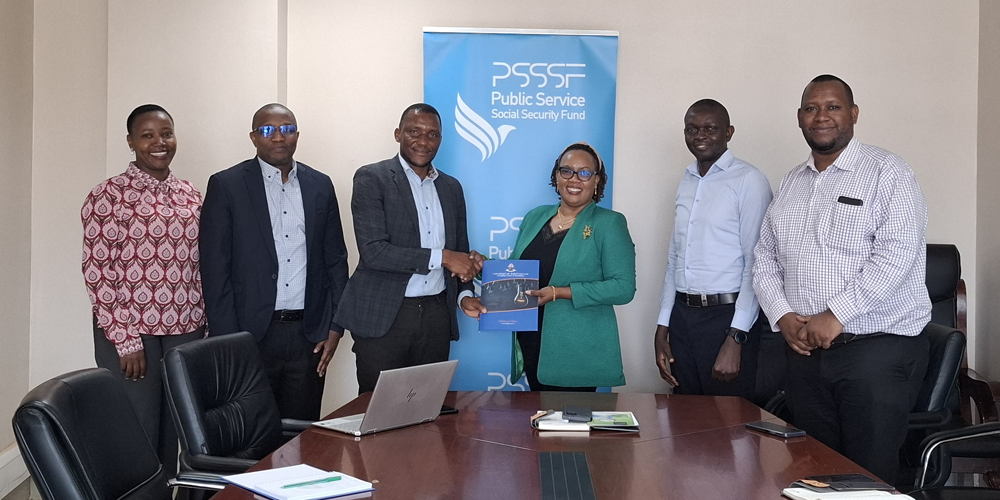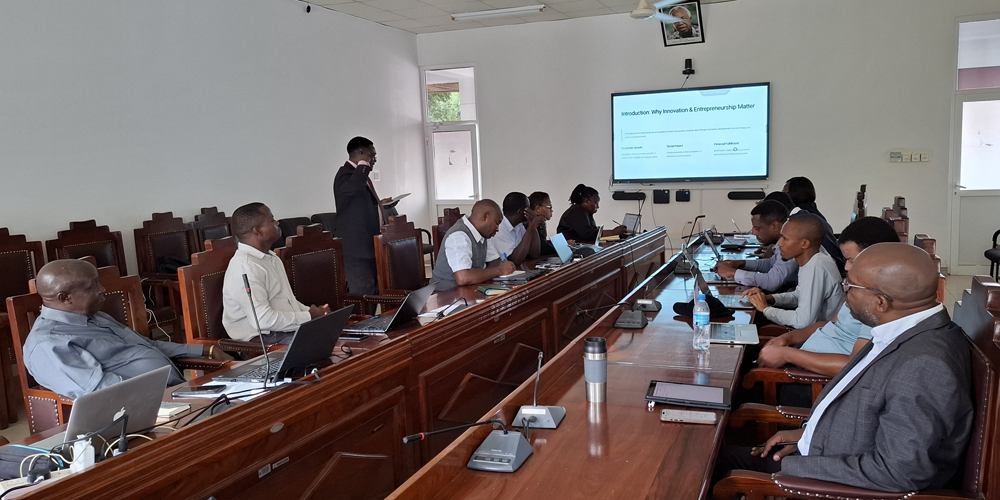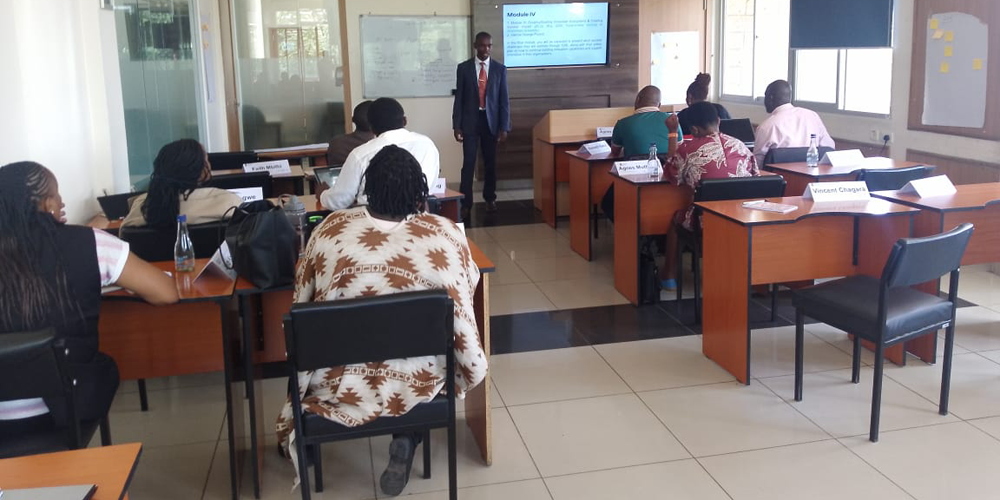Building Innovation Capabilities module III training sessions in Kenya and Tanzania

The BIC project had its module III training sessions in Kenya and Tanzania in mid-February 2025. This third module focused on the public sector and collaboration with academic institutions.
The project Building Innovation Capabilities (BIC) aims to enhance public sector innovation by training public sector officials on how to work more innovatively with societal challenges. The BIC project had its module III training sessions in Kenya and Tanzania in mid-February 2025. This third module focused on the public sector and collaboration with academic institutions. How can the public sector better meet societal challenges by engaging academia in problem-solving and collaboration?
While module I took place in Dar es Salaam and module II was held online, the third module was held in two different locations: in Dodoma, Tanzania, for the Tanzanian participants and in Nairobi, Kenya, for the Kenyan participants. The programme was coordinated between the two locations to give the participants shared knowledge on how to work with academic institutions. This training session included information about the role of academia and the importance of cross-sector collaboration, including tools and techniques for effective communication and collaboration. Furthermore, the session included a section on legal and ethical considerations, how to manage bureaucracy, and institutional barriers.
The participants in the project have been given the task of identifying an internal change project for their organisation to work with throughout the training programme. Examples of changes that participants are working on include creating an innovation policy for their organisations or trying out approaches on how to engage management and employees in innovation work.
In the third module, the participants furthermore got the opportunity to identify challenges where they could cooperate with the academic institution in question, i.e., Strathmore University in Kenya or the University of Dar es Salaam in Tanzania, to explore the opportunity to jointly identify and develop innovative solutions to relevant challenges. All universities involved in the project, including KTH Royal Institute of Technology in Sweden, have challenge-driven courses in their curricula, where students get to work with a challenge provided by a stakeholder. These challenge-driven courses provide an opportunity for the stakeholders, and in this case, the public organisations in question, to get students involved in solving the problems at hand.
"It was a successful module"
Bernard Shibwabo, Associate Professor at Strathmore University, is one of the training teachers and the project coordinator for Strathmore University, and was the main responsible teacher for module III in Kenya:
"It was a successful module, and we also received great feedback from the participants. It was especially interesting for us to hear about the participants' internal change projects and their challenges, and it was a good opportunity for the participants to hear about the projects others are doing. The main challenge for the involved Kenyan organisations is how to create a more innovative and service-minded culture. To be service-minded, you need to transform the way you provide service. This requires innovation."
He continues:
"The participants furthermore identified many challenges that we could work on together within our challenge-driven courses. We now plan to visit the stakeholders in the coming months to understand the operations of the different stakeholders."
More hands-on approach than initially planned
Dr. Moses Ismail, Lecturer at the University of Dar es Salaam, is one of the training teachers and the project coordinator for UDSM:
"The participants suggested a practical approach to identifying their collaboration challenges and exploring opportunities to work more effectively together. To foster innovation and productivity, we engaged management and secured appointments at the three involved Tanzanian organisations for joint meetings with the participants. Our training took a more hands-on approach than initially planned, which led to valuable insights and feedback. It was very fulfilling, and the participants and management had very positive feedback."
The last training session within the project, module IV, will take place in Nairobi in May 2025. This last session will allow the participants to present their internal change project and their ideas on what challenge-driven projects they would like to pursue together with academic institutions. It will also provide an opportunity for the participants to establish ways of continued collaboration with the involved academic institutions.



